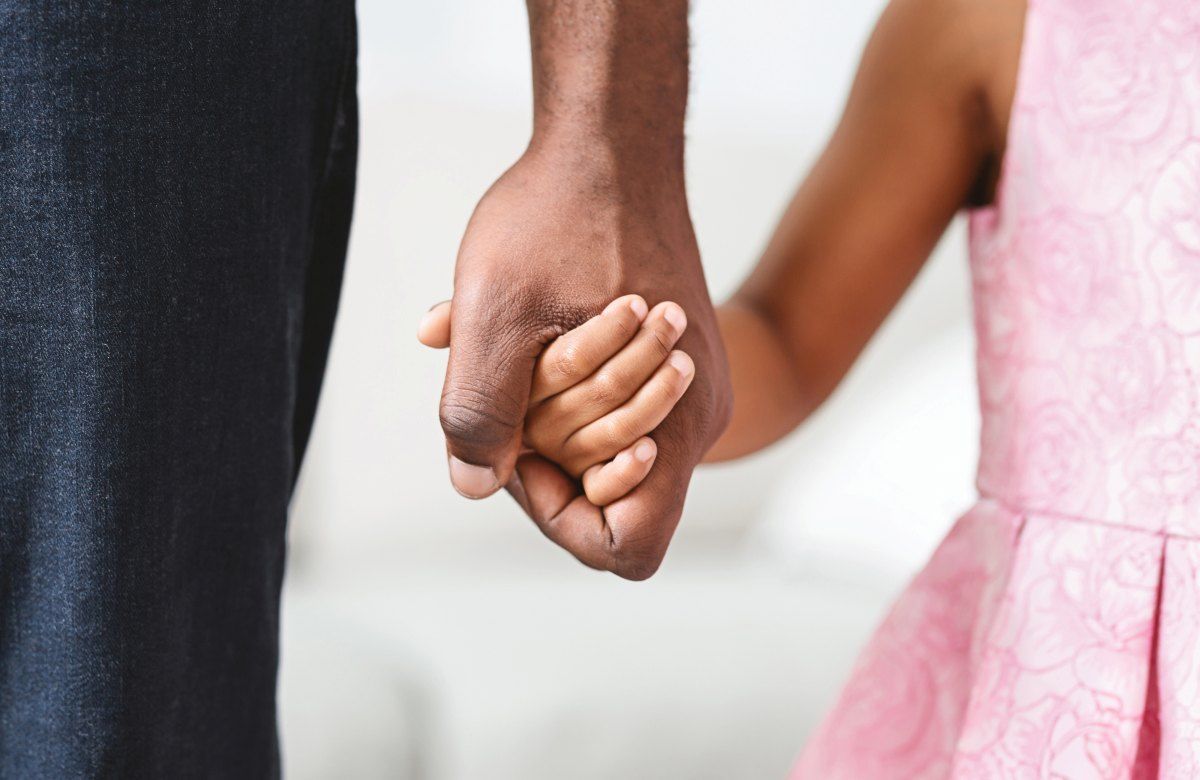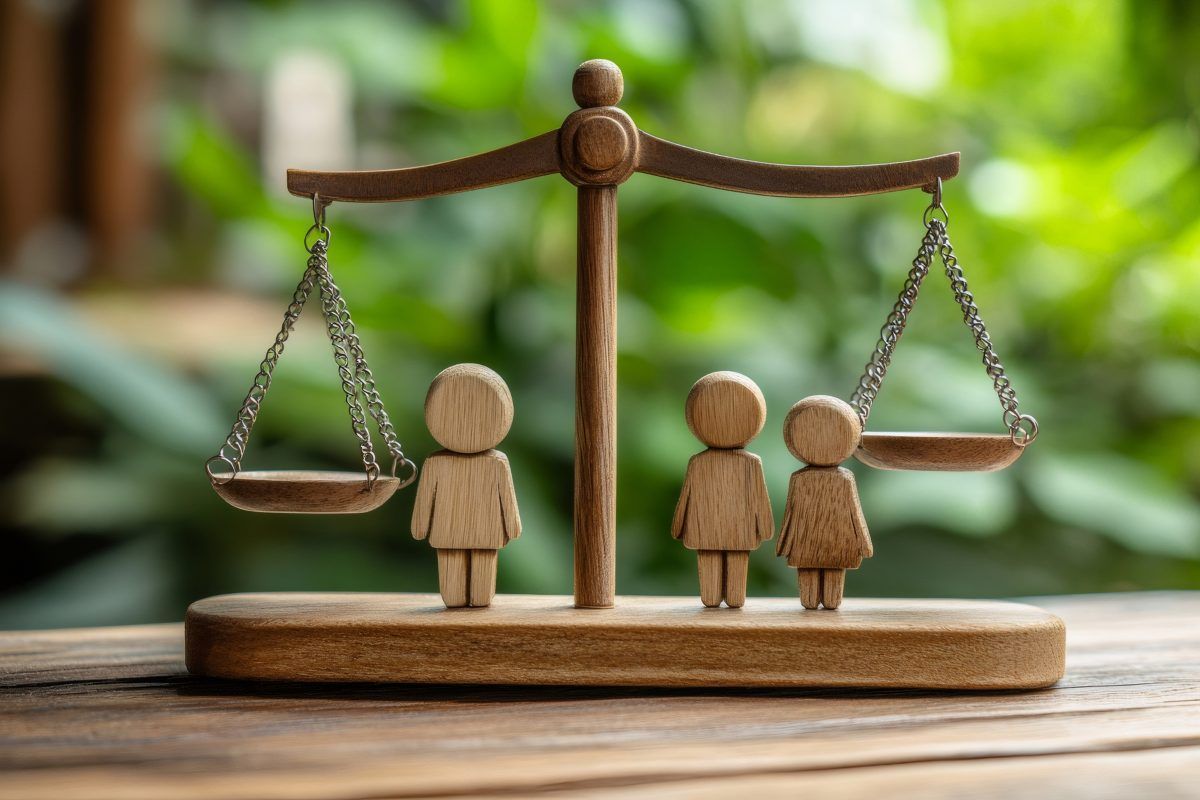The Important Role of Grandparents in a Divorce

Divorce is rarely straightforward. It reshapes families in ways that ripple far beyond the couple separating. Among those most affected, yet often overlooked, are grandparents. They can become anchors of stability for children, sounding boards for parents, and sometimes even legal participants in post-divorce arrangements. Understanding their role is essential for recognising how deeply divorce reshapes family networks.
How Do Grandparents Provide Stability?
Children experiencing the breakdown of their parents’ relationship often find themselves caught between confusion, fear, and shifting routines. Grandparents can offer the steady presence that mitigates some of this disruption. Not only is their home often a safe haven, but their role as consistent caregivers can restore a sense of normality.
Think about the rhythm of daily life: school runs, meals, quiet weekends. When parents are embroiled in legal proceedings or moving between homes, grandparents may be the ones who keep these patterns intact. That constancy matters. It reassures children that while some things change, others remain grounded.
And there’s another dimension: emotional stability. Grandparents often embody patience and perspective - qualities that can be scarce during a contentious divorce. Their ability to listen without judgement and comfort without taking sides can be invaluable.
What Legal Rights Do Grandparents Have?
In the UK, grandparents don’t have automatic legal rights to see their grandchildren after a divorce. This surprises many. Access usually depends on the goodwill of the parents, unless the grandparents apply to the court for permission. If granted, they may seek a contact order that formalises visitation.
But here’s where it gets complicated. Courts prioritise the welfare of the child above all else. That means the judge won’t simply ask whether the grandparents want contact; the key question is whether maintaining that relationship is in the child’s best interest. Often, it is - but each case hinges on context.
The absence of automatic rights doesn’t erase the influence grandparents can have. In many situations, their involvement is welcomed by both parents, especially when they help with childcare. Where disputes arise, however, the legal process can feel daunting. Seeking advice from a specialist in handling sensitive family issues legally is often the most practical step.
Why Does Emotional Support Matter So Much?
Children rarely articulate the full weight of their feelings during a divorce. Instead, the impact shows up in behaviour - withdrawal, anger, or anxiety. Grandparents, with their generational distance, are uniquely positioned to interpret these signs and provide reassurance.
Not only is this emotional scaffolding crucial for children, but it can also ease pressure on the parents. When children have a trusted outlet for their worries, parents gain space to manage their own stress and legal obligations. It’s a quiet but powerful contribution.
For parents themselves, the role of grandparents as listeners can be equally significant. Divorce often fractures not only households but also adult support systems. A mother or father going through court hearings, financial disputes, or the uncertainty of living arrangements may lean on their parents for counsel - or simply for a reminder that they are not alone.
How Can Contact Arrangements Affect Grandparents?
Post-divorce living arrangements inevitably determine how much involvement grandparents can maintain. If one parent relocates, the logistics of visits may become more complex. Overnight stays, weekend contact, or even simple drop-ins might require negotiation.
This is where practical realities collide with emotional needs. A grandparent who once saw a grandchild daily may suddenly find those visits reduced to occasional weekends. The sense of loss can be acute, not just for the adults but for the children who may feel disconnected from a key figure in their lives.
Courts recognise the importance of continuity. When considering custody and housing considerations in divorce, the child’s bond with extended family members may play a role in shaping arrangements. For further context, check out our blog on custody and housing considerations in divorce.
When Do Grandparents Become Primary Carers?

There are circumstances where grandparents step beyond supportive roles into direct caregiving. If neither parent is able to provide adequate care - due to financial instability, addiction, or other challenges - grandparents may assume full responsibility.
This is not a marginal issue. Thousands of children in the UK live in households headed by grandparents. While such arrangements can be life-saving, they also introduce financial and emotional strains. Questions of legal guardianship, benefits eligibility, and long-term stability must be resolved.
And yet, many grandparents rise to this responsibility with remarkable resilience. Their willingness to prioritise the child’s welfare ensures continuity of family bonds where otherwise they might be severed.
What Challenges Do Grandparents Face?
The role isn’t without difficulty. Balancing neutrality in disputes can be fraught, particularly if the divorce is bitter. Grandparents may find themselves accused of taking sides, or their offers of support misinterpreted as interference.
Practical burdens also weigh heavily. Older adults may struggle with the physical demands of daily childcare. Financial strain can compound the problem, especially if they are on fixed incomes. The expectation to provide transport, meals, and even school supplies often falls on them when parents are in transition.
Still, the biggest challenge is often emotional. Watching their own child navigate divorce while simultaneously supporting grandchildren can leave grandparents stretched thin. They carry multiple layers of concern, each demanding patience and resilience.
The Bottom Line
Grandparents occupy a unique and sometimes fragile position in the aftermath of divorce. They can be the quiet constant for children, the advisers for parents, and, in some cases, the substitute carers who hold the family together. Not only is their involvement beneficial, but it can also be decisive in shaping a child’s ability to adapt to a new family structure.
Legal frameworks may not always recognise their role automatically, but the human reality is clear: children benefit from strong, ongoing connections with their grandparents. Whether through emotional support, stability, or active caregiving, the contribution of grandparents should never be underestimated.












